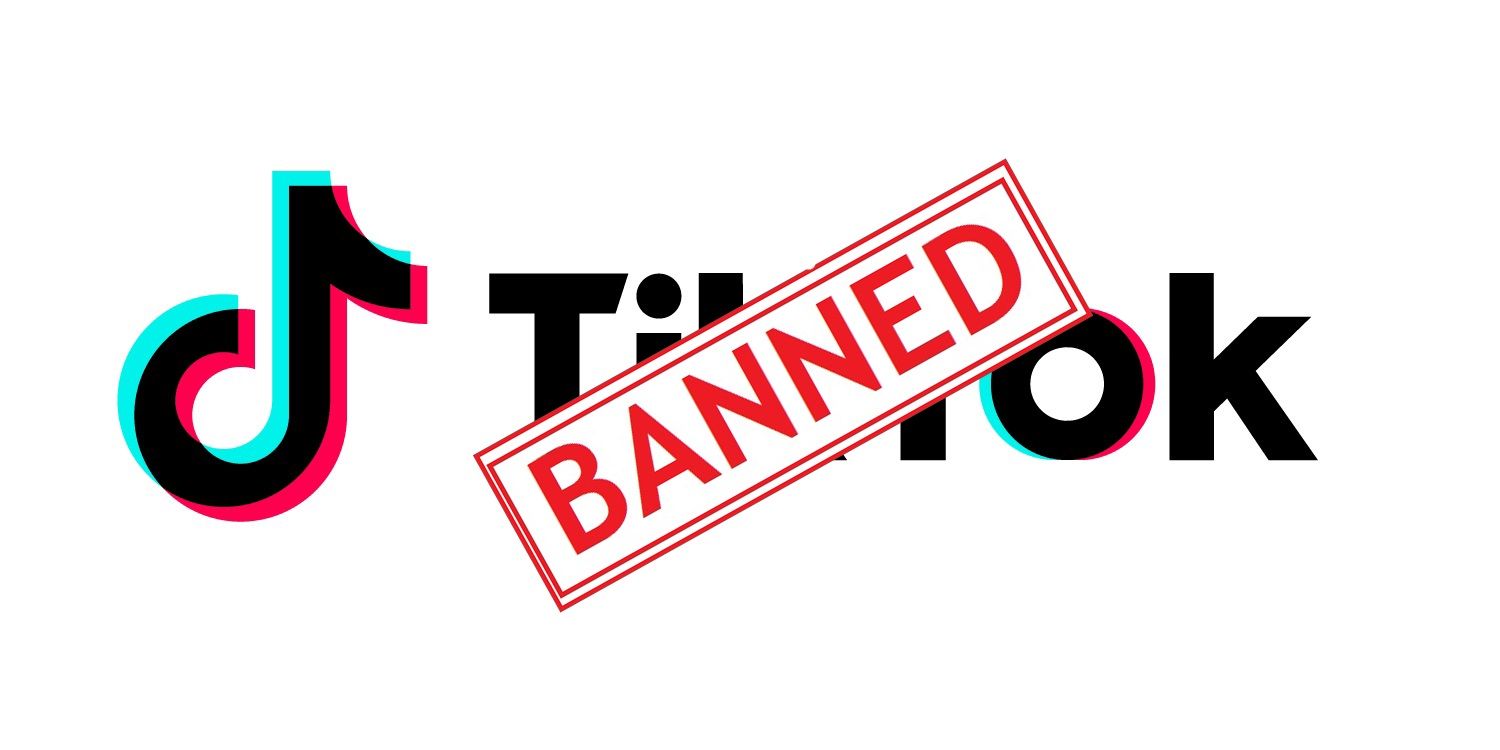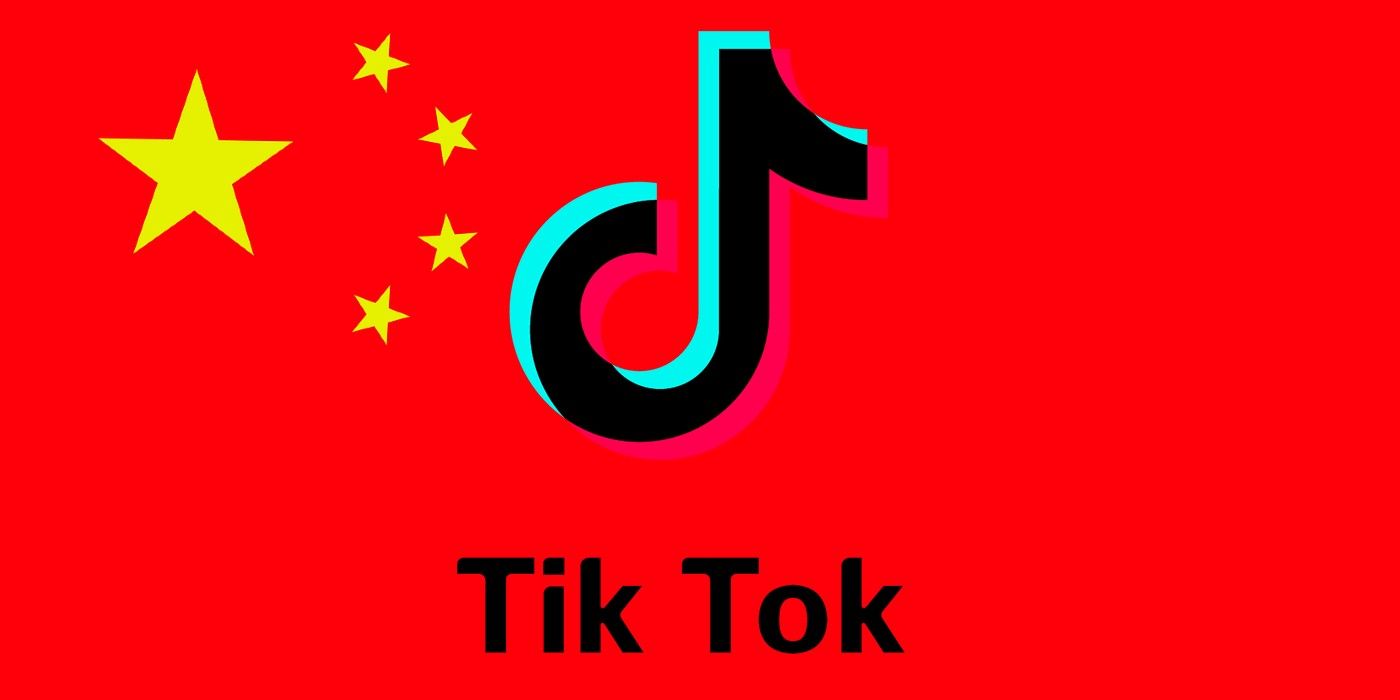The TSA is the latest government agency to make clear it won’t be using TikTok. The short-video service has come under increased scrutiny in recent months and there's even been the suggestion it might be sharing customer data with China without user knowledge or consent.
TikTok is not without its controversies, considering its recently been the subject of a drug problem, a teen suicide, and viral challenges that have resulted in injury. Most of the criticisms leveled at the service surround the fact that it has proven to be especially popular with younger users. However, there’s also been the other side of the TikTok complaints that focus more on how much trust users should place in the service’s privacy safeguards to begin with.
Recently, U.S. Senator Chuck Schumer sent out a press release explaining the Transportation Security Administration still uses TikTok and that the TSA should ban its use. Since then, the TSA has confirmed to press outlets including the Associated Press that it does not officially use the app although some of its staff did as part of the brand’s extended social media reach. The TSA also confirmed that will no longer be the case, shutting down any links to the social media service.
Should Users Be Worried About TikTok?
Arguably, if many U.S. agencies are worried about a service, then that might be enough of a reason for general users to also be worried. For example, the letter by Schumer highlights how the TSA is only the latest agency to join a TikTok ban with the Pentagon and The Department Of Homeland Security also prohibiting the use of the social media service. In explaining the reasoning, Schumer points to the risks posed to American and federal agency security as being “very real.”
However, when it comes to individual users, there is the problem that there’s no firm evidence to suggest the app is a threat. At least, not any more of a threat to individuals than any other app or website that also collects personal data. In many ways, the situation with government agencies and TikTok is reminiscent of the relationship between the same agencies and Huawei. Again, actual evidence of any Huawei wrongdoing has been scarce, but that has not stopped the government implementing a ban on all US companies from doing business with the phone-maker. In both instances, it could be the case that there is information to suggest Huawei and TikTok are actual threats to national and user security, but until that information is made public, and users have the option to make an informed decision, it remains unclear how much of an issue either are to users. In TikTok's case, that is beyond the issues of video content and moderating plaguing the app in general.
Source: AP


